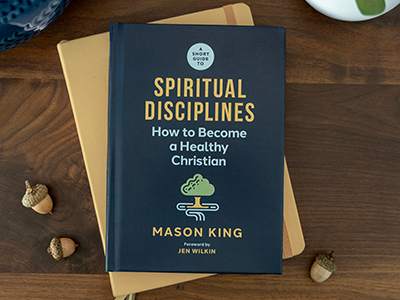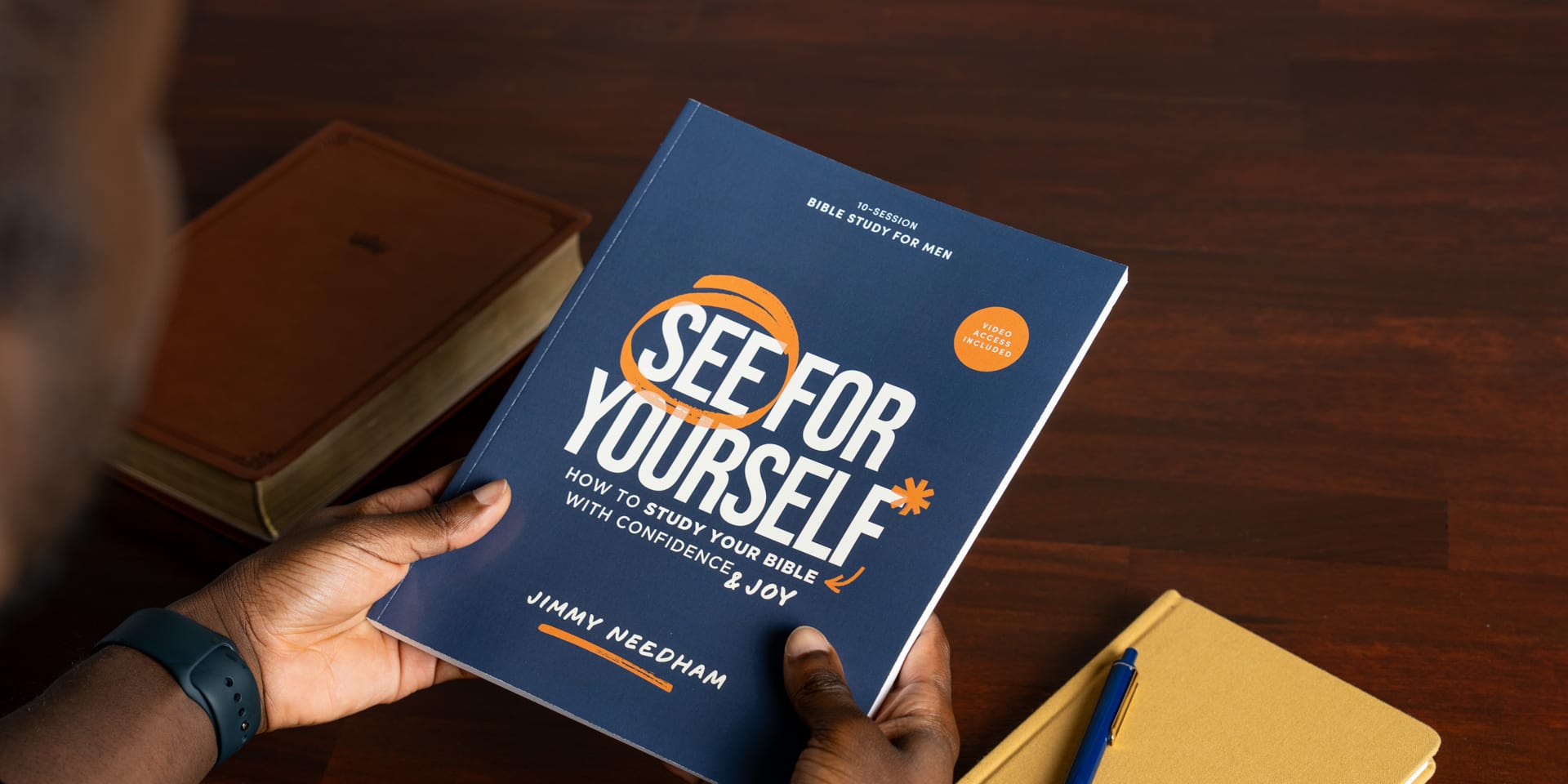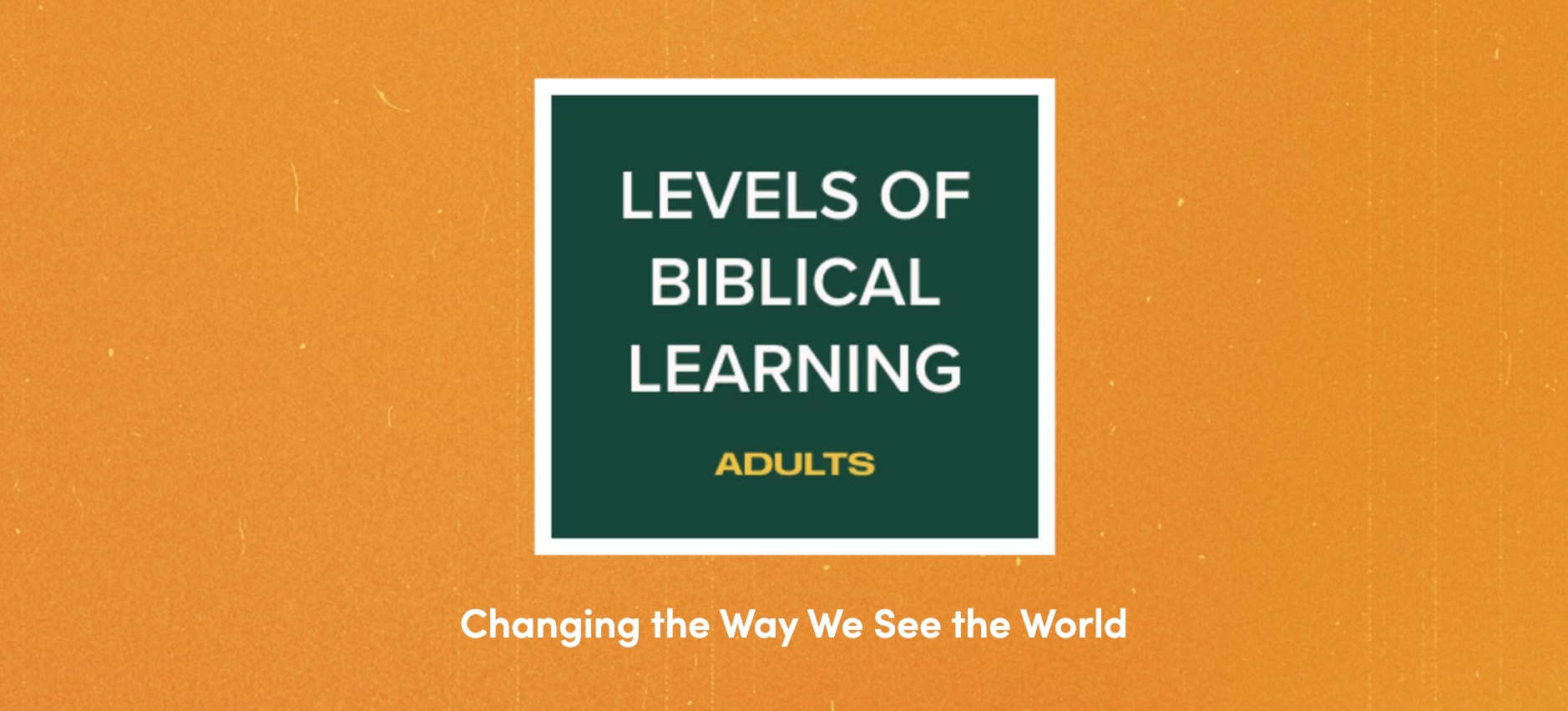
Helpful articles to enrich your Christian walk.
Sermons
Recent
This article is about the various supplies Lifeway has to offer, such as communion supplies, pamphlets, tracts, or seasonal supplies.
- Chasity Phillips
Discover how to study the Bible with confidence and joy as Jimmy and Kelly Needham join Brian Daniel to talk discipleship, Scripture, and lasting faith.
The following tips will not only make the days leading up to VBS more manageable, but possibly even more enjoyable.
- Lifeway Staff
Here are four reasons VBS is critical to the mission of your church—making disciples and reaching your neighbors with the gospel.
Before you begin planning your next VBS, check out this essential step-by-step guide.
- Lifeway Kids Ministry
Discover how theology shapes worship, clarifies Scripture, and helps believers live with a biblical lens rooted in the story of God’s redemption.
Levels of Biblical Learning isn’t just for kids. Discover how this framework helps adults grow spiritually, correct theology, and strengthen discipleship.
Reflective discipleship grows through lifelong learning, Bible study, and community. Discover how renewing the mind shapes a biblical lens for everyday life.
Former NFL star David Pollack shares how faith, discipline, and accountability shaped his life, leadership, and response to fame on and off the field.
Trending
- Olivia Thames















